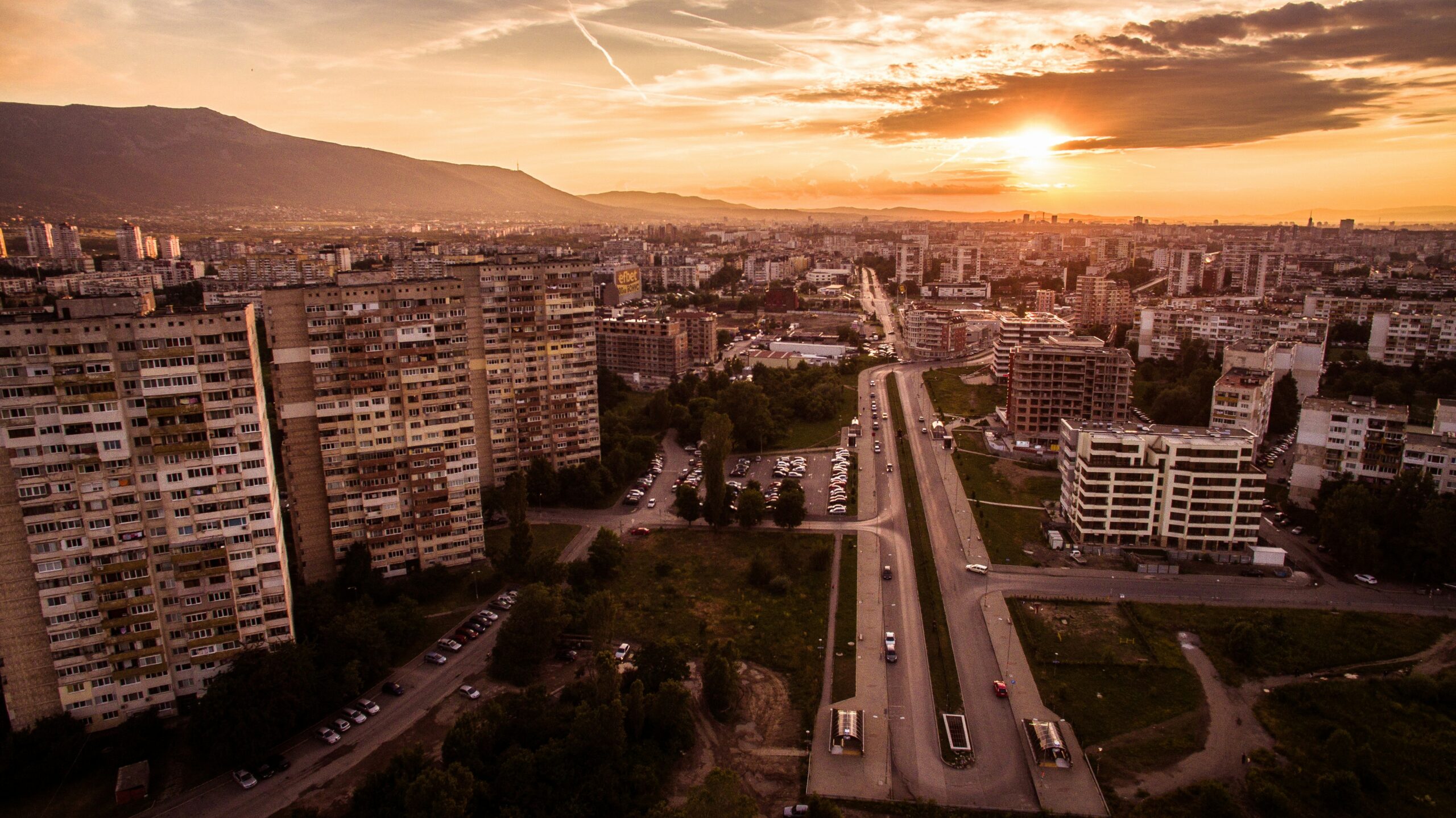
Iran’s Rejection Causes Diplomatic Tensions
Iran has announced its opposition to a corridor outlined in a peace accord between Azerbaijan and Armenia, which has been praised by regional countries for its potential to establish lasting peace.
US Involvement and Iranian Response
Iran’s top adviser, Ali Akbar Velayati, criticized the initiative, accusing US President Donald Trump of treating the Caucasus like a property to be leased and warning that the corridor would not be allowed to become a passage for what he referred to as ‘Trump’s mercenaries’.
Details of the Peace Accord
The peace deal, revealed at the White House, includes US development rights to a route through Armenia connecting Azerbaijan to Nakhchivan, named the Trump Route for International Peace and Prosperity (TRIPP).
Reactions from Russia and Turkey
Russia cautiously welcomed the agreement but emphasized that solutions should be developed by regional countries, while Turkey expressed hope that the corridor would enhance energy exports through the South Caucasus.
Background and Future Prospects
The history of conflict between Armenia and Azerbaijan, including the recent return of villages to Azerbaijan by Armenia, sets the stage for an imminent final peace declaration. Experts anticipate a formal agreement to be signed soon following the US-brokered roadmap.
In conclusion, Iran’s rejection of the transit corridor has ignited diplomatic tensions in the region, highlighting the complex dynamics at play in the Caucasus.
Source: Al Jazeera and news agencies


